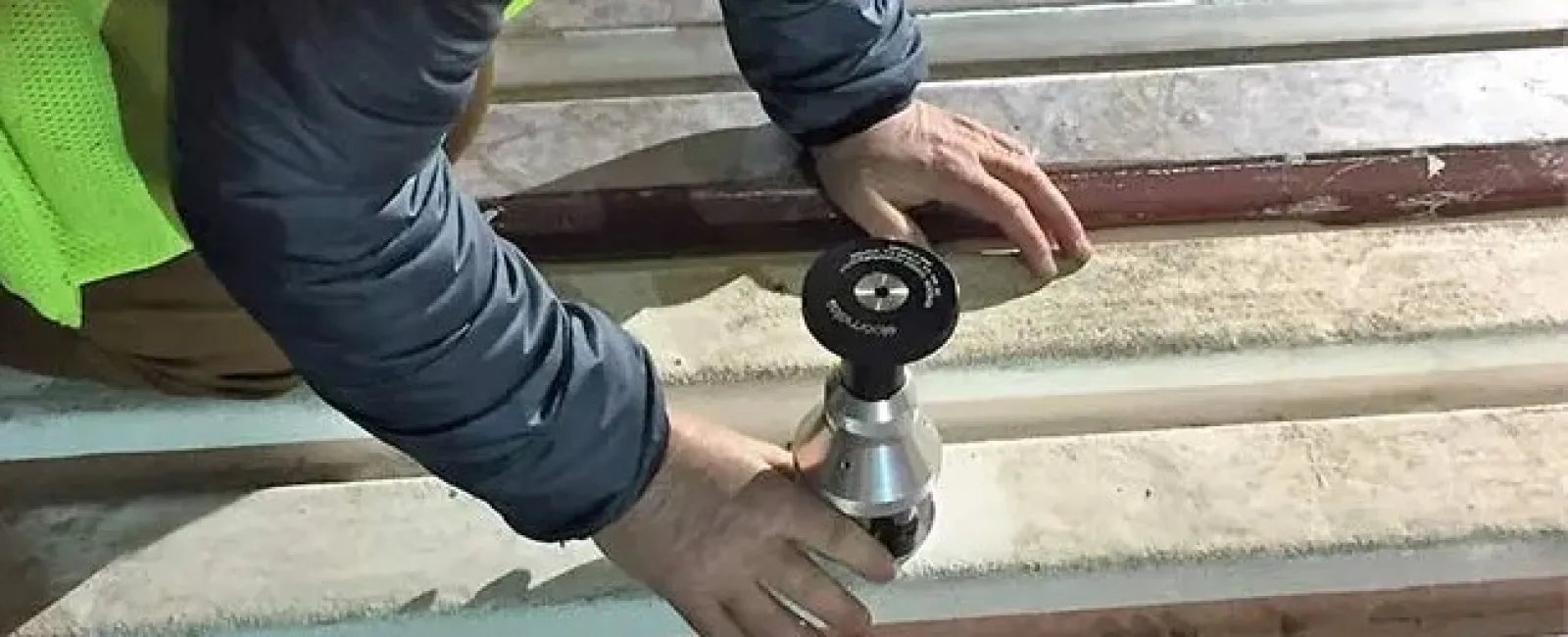Your home's roof is supposed to be replaced every 30 years. Depending on the climate and weather conditions, you may need a new roof every 15 - 20 years.
Finding the right roofing contractor will require a little research. You can use a contractor app that matches homeowners with a contractor. Apps contain reviews from real customers, plus the companies being recommended have gone through a verification process. Family, friends, and neighbors are other excellent sources for recommendations.
Narrow down your search to two or three reputable companies—next, schedule appointments for the roofing contractors to inspect your roof and give a written estimate.
Keep reading to learn the seven questions a homeowner should ask before hiring a roofing contractor.
1. Are You a Licensed and Bonded Roofing Contractor in Connecticut?
Don't assume an expert roofer is licensed and bonded. In most states, it is a requirement. You want to protect yourself in the event there is an issue with the job. Unfortunately, if you choose the wrong person, you may not get the service you need.
A reputable roofing contractor will not take issue with a potential company asking for their credentials. Nor will they mind showing you their general liability coverage.
As an added measure, check with your county licensing board to ensure the license is current. Also, check to make sure the contractor is in good standing with the state.
2. Does Your Work Come with a Warranty?
Most new roofs come with a warranty. Some are only manufacturer warranties covering the life expectancy of the roofing product. Others are craftsmanship warranties that only cover the installation. You must understand the type and terms of conditions for the warranty.
You'll want to verify if clauses that state the roofing contractor you choose have to do repairs. Does it state if or how often should a roof be inspected?
A homeowner may have plans to place their home on the market soon. In this instance, asking if the warranty is transferable to the new owner is a good question.
3. How Soon Can You Replace My Roof?
The closer it gets to the summer months, the busier roofing contractors become. In Connecticut, the first rains of the year show signs a roof needs replacing or repairs.
By the time you contact a roofing contractor, they may already be scheduling appointments a couple of weeks out. By May or June, the wait could run three to four weeks. If you're not sure whether it's too early in the year to have your roof replaced, give us a call and we'll be able to help out.
4. What Type of Roofing Material do You Use?
There are several types of roofing material a homeowner can choose. Getting a total roof replacement is an excellent time to change things up. It is common for a homeowner to switch from a ceramic tile roof to a shingle roof.
Changing roofing material could also mean changes to the roofing structure. Understanding the benefits and costs associated with the roofing type is beneficial in making your final decisions.
Colors for asphalt shingles have also improved. Speak with the roofing contractor to understand the benefits and downsides. For example, dark-colored shingles are nice, but they may make it harder to cool your home.
5. Is Plywood Included in the Price?
One unexpected cost that surprises a homeowner at the end of a roofing job is the charge for plywood. Until the roofing contractor has removed the existing roofing material, they won't know the condition of the plywood.
Plywood is the most common material in the roofing structure. It supports the roofing shingles or tiles. It also provides a barrier between the elements and the attic or crawl space.
When the plywood is damaged or rotting, it has to be replaced.
Some contractors may include a sheet or two in their estimate. Regardless, you must know the cost of any additional materials. Additional costs include plywood, boards, or other wood products outside of the roof replacement.
6. Do You Offer Financing?
It's great if a homeowner has a way to pay for a new roof upfront. Ask the roofing contractor how they expect to receive payment. Some may only accept cash or check. Others may take credit cards.
If financing is an issue, some roofing companies now offer financing options. The options could include in-house financing. If done in-house, the roofing contractor will finance the project, and you make regular payments.
Other companies partner with a third-party financial services provider.
Whichever option you choose, make sure you make your payments according to the terms of the contract. A lien can get placed on your home for failure to pay contractors for their services.
7. How Long is the Estimate Valid?
Estimates do not last forever. The cost of roofing supplies can change. Ask the contractor how long the estimate is valid. In most cases, it can range from 30 to 90 days. Or it can be shorter.
When you're ready to get the work done, sign the estimate and return it to the company. A signed contract is often how you get scheduled for your roofing job.
Replace Your Roof With Confidence
A roofing contractor in Connecticut is only a call away. They can replace your roof or repair roofing damage to avoid.
Remember, your home is your most significant investment, so you want to keep up with major repairs and replacements. Even if you do not require a roof replacement, it's good to have your roof inspected.
Are you in South Windsor, Connecticut, and need a reputable roofing company? We're here to help.
Click here to get a free estimate for your next roofing job.

